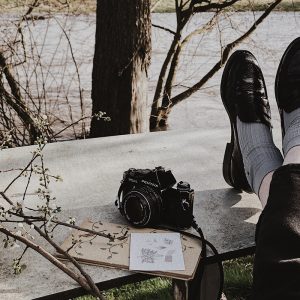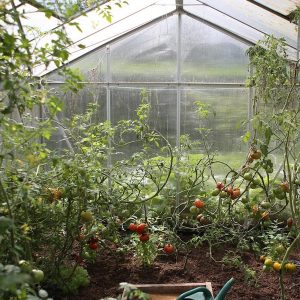Every day, we’re deluged with so much bad news in the media that it can make us anxious, fearful and even depressed. According to Harvard psychology professor Steven Pinker, we need not worry so much. The world is safer and more peaceful than ever before.
Until recently, children were being raised with the rod, violence against women was a normal part of marriage and homosexuals were being persecuted. Now the rod is mostly gone, men and women have more equal rights and there’s a Gay Pride movement. We even have advocacy groups and political parties for animals. The data is convincing: almost all statistics on violence, including in developing nations, show sharp declines and only incidental increases. There’s a clear positive trend toward less violence, even when we include the horrors of the First and Second World Wars. These times are the safest we have ever lived in. We are doing something right, but what?
Broadminded and Empathetic
An important skill we have acquired is self-control. We may not think so when we go to the supermarket on an empty stomach and come home with junk food, or when we wake up with a bad hangover after a party, but increased self-control is an important contributor to the relatively good times we live in now.
Human rights, social laws and feminism have led us away from following our blind impulses and toward applying self-control. These days we are alarmed when someone tries to resolve a conflict using violence, but this was once common. According to Enlightenment economist Samuel Ricard, international trade also played an important role: a good businessperson had to keep his or her clients happy in order to beat the competition. He or she needed to teach him- or herself virtues such as caution, honesty and considerateness that connect with self-control.
Another important change is empathy, which developed, writes Pinker, as our world expanded. We travel, we read and, via Internet, we can reach the other side of the world with the click of the button. Concerts, theaters, movies, museums and affordable books are all accessible to us. “The tiny world of the village and the clan, which was only accessed through the senses and church, has made way for a magic world of people, places, cultures and ideas,” he says.
Reading (86 percent global literacy) was also very important, according to Pinker: “Reading is a technique that changes our perspective. If someone else’s thoughts are in your mind you see the world through their perspective. Not only do we hear and see things that are not first-hand, we temporarily share some of their attitudes and reactions.” This opens minds, and creates empathy and encourages compassion, bringing out the best in us. If we add to this the fact that our intelligence has increased, we have an enticing mix of self-control, empathy and intelligence—at least in comparison to our ancestors.
- The full story ‘And yet, things are better’ can be found in Issue 9 (not available in the Flow shop anymore).
Text Otje van der Lelij Photograpy Annie Spratt/Unsplash.com














